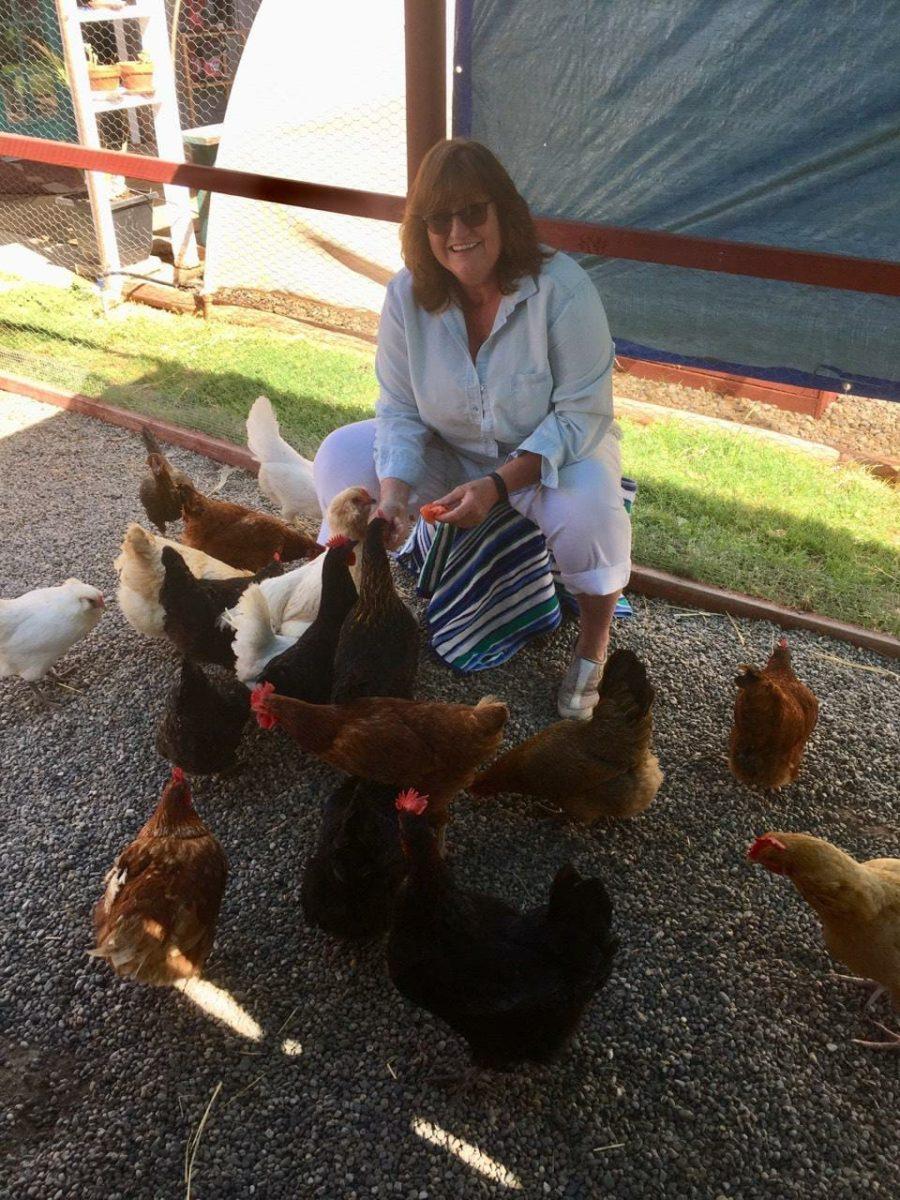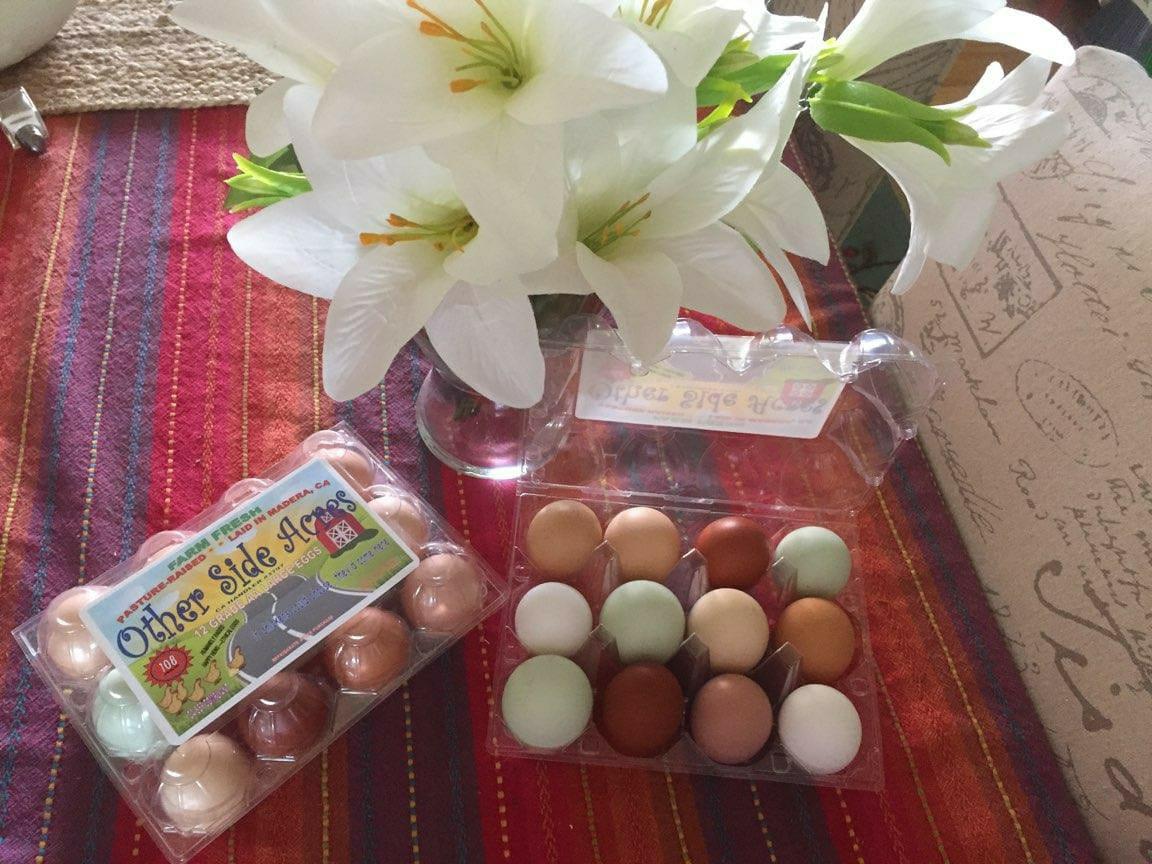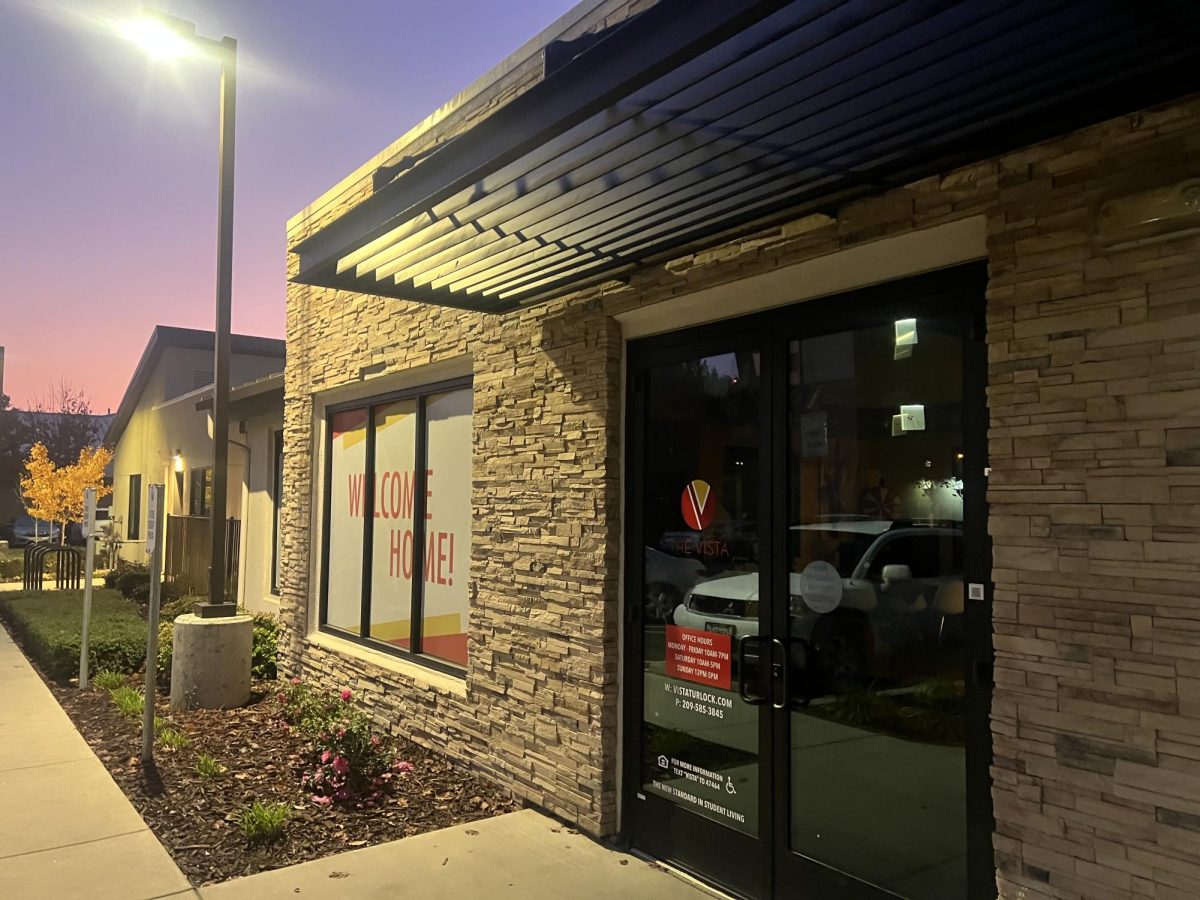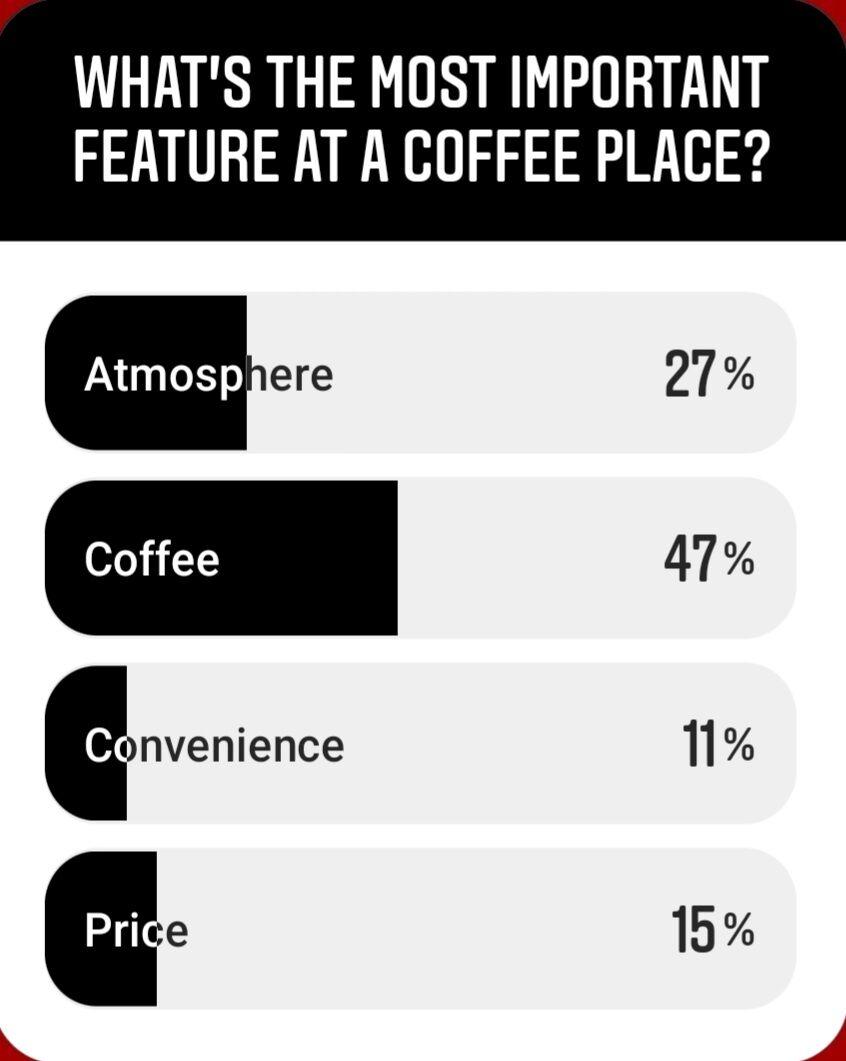Why did the chicken cross the road? To come to Other Side Acres. Other Side Acres is a small chicken farm run by Terri Prall, a California Faculty Association (CFA) union representative for Stan State and Fresno State.
California Faculty Association
Back in her 20s, Prall started working in a union shop, in the trades. Thanks to her union contract she was able to get her apprenticeship in the four-year period, just like all the men she was working with.
“Because of the union contract they weren’t’ able to get away with treating me different,” said Prall.
Prall worked as an organizer for a number of years to form new unions, however, all the travel took a toll on her and she switched to become a union representative.
Prall sells her eggs to faculty at both Stan State and Fresno State. Dr. Diane Blair (professor, Communication Studies) has been buying eggs from Prall weekly for the past few years.
“I like buying my eggs from someone I know and from a place where the chickens are well cared for. Terri’s chickens are living the good life,” said Dr. Blair. “Because Terri is both a colleague and a friend, I’ve been out to her place, and I’ve seen the coop and the large protected outdoor space she has created for her chickens. I also like knowing that the eggs I’m eating are truly fresh.”
Other Side Acres.
When Prall moved to Madera, CA she bought a property that included an existing chicken coop. She had previous experience raising other types of birds, so she decided to start raising chickens.
“I had raised ducks, geese, and pigeons when I grew up, but never chickens,” Prall said. “So, I decided since there was a coop there I would get a few chickens, because free breakfast.”
Prall started out with 3 chickens just over 3 years ago which has now grown to over 50 hens and a few roosters, who are kept separate from the hens.
“The roosters are kept separate from the hens, not to keep eggs from being fertilized, but to keep the roosters from pulling the feathers off of the hen’s backs. When the feathers are pulled off the hens it can cause them to get sunburned or have other health issues,” said Prall.
A unique feature for Prall’s chickens is that she will never have any of them killed. No matter if they are laying hens, or roosters who just sit around they will live out their life at Other Side Acres.
“I joke that because I am a union rep, I say my chickens have a defined benefit package pension plan that includes housing, food and medical care until death,” said Prall.
Prall used to send a newsletter out with all her eggs to inform her customers of the benefits that the chickens get for producing the eggs. She would also include an employee of the month photo and an employee photo album.
The Chickens
All of Prall’s chickens are fed organic feed, as well as 10×10 area per chicken. Her chickens are kept in runs to protect them from predators such as hawks, or raccoons. Because they are kept in runs, Prall calls them “pasture raised” versus “free range”.
“I meet the standard for 108 sq ft per bird for pasture raised chickens,” said Prall.
Prall has a variety of chickens on her farm, which gives her a variety of egg colors.
“I have some Egyptians, tys, Catalinas, Americanas, black sex-link, buff orpingtons, and Rhode Island reds,” said Prall
All 50 of her chickens are named which are based on the chicken’s personalities.
“I have a chicken named Kickstart, she was named very young. She would kick all the shavings on the other chickens,” said Prall “I also name chickens after female pairs, I have Lucy and Ethel, and Thelma and Louise.”
Commercial Chicken Farms
Prall explained the difference between her farm versus a commercial chicken farm in California, which is the size of the coop.
“Even in California, when they passed the law for the space for chickens, they passed it so that the chickens are still in a space the size of a tile, 12×12 in. so they can turn around now,” Prall said
For Prall her chickens are her pets, so she feels like they deserve to be treated well, because while they are pets, they produce something for her.
Prall follows the practice of not refrigerating her eggs, except for the eggs that are sold at a local fruit stand. She explained that when the egg is laid it has a protective coating that allows the egg to not have to be washed and refrigerated.
However, with factory farming conditions all their eggs must be washed to clean them. Then the farms will try to replace the coating with a mineral coat.
“You can’t replicate nature, so the eggs must be refrigerated,” said Prall.
Prall feels that people are starting to look for humane food sources again. Which is leading people away from factory farms and back to small home farms.
Categories:
Union Eggs: Other Side Acres
Kimberly Fischer
•
May 10, 2018
0
Donate to Signal
Your donation will support the student journalists of California State University, Stanislaus. Your contribution will allow us to purchase equipment and cover our annual website hosting costs.
More to Discover







